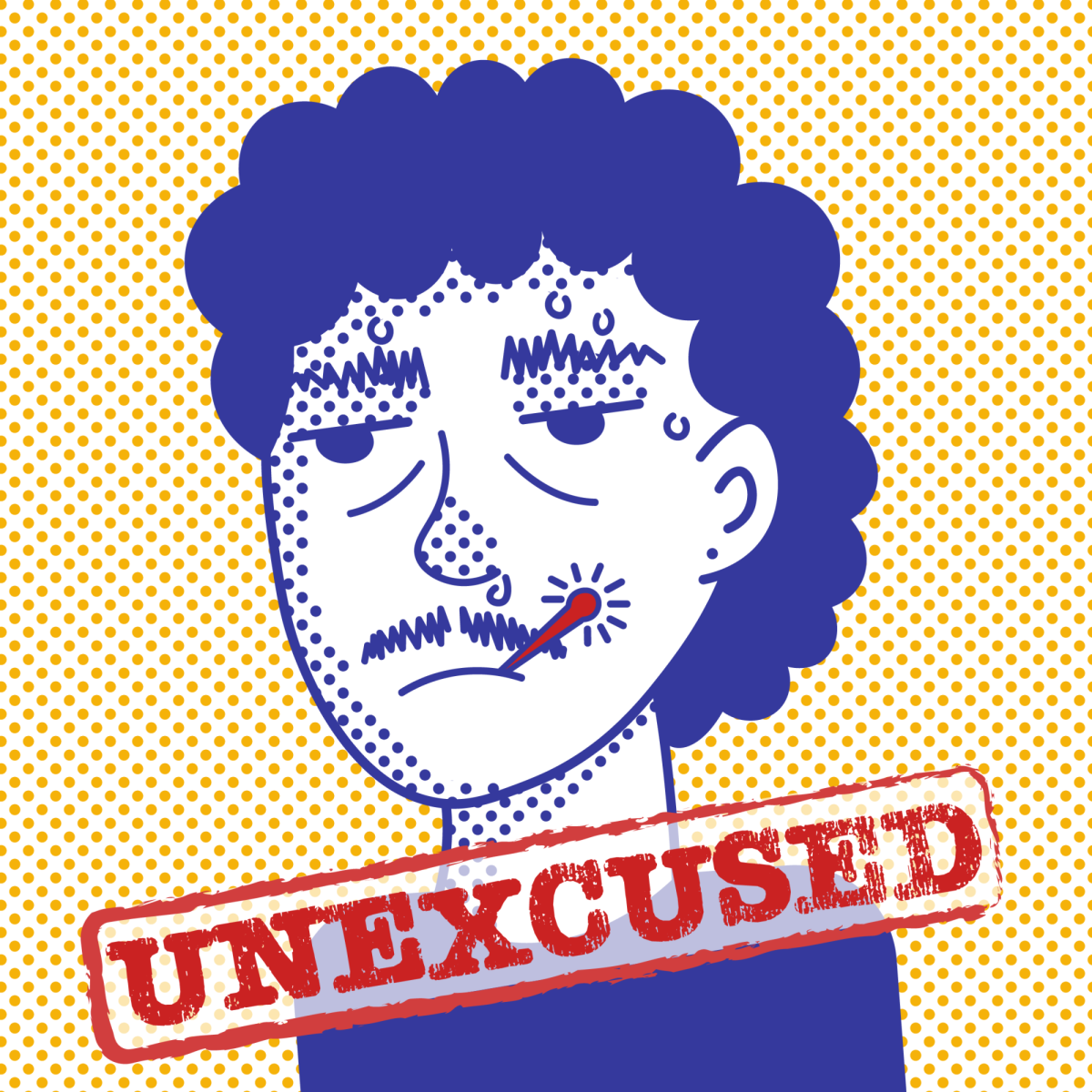Not long ago, society lived and breathed the regulations of COVID-19. People stood 6 feet apart, wore masks and if they felt sick, they stayed at home.
Department chairs and professors at App State seem to have, potentially inadvertently, abandoned these principles through harsh and unforgiving attendance policies coupled with conflicting policy information.
Aside from illness, there are certain events in people’s lives that don’t follow textbook guidelines on absences.
Many classes allot three to four absences a semester for their students. While a student can miss a substantial amount of material within that many days, this is not a significant amount of time for many students due to a variety of reasons, with the first concern being illness.
The Centers for Disease Control and Prevention states a person affected by COVID-19 can be infectious for one to two days before, and up to 8-10 days after symptoms begin. While many professors are understanding of illness, aspects of policies are still difficult to navigate. For example, student health services does not write medical excuses for students who miss a class for illness or injury.
There should be more disclosure that illness is an excusable absence that will not be counted against students. Many students see the black-and-white rules on their syllabus and choose to attend class, despite being ill and potentially contagious. This issue creates a system of a never ending “flu going around,” and it isn’t at all fair, healthy or normal.
That being said, people tend to boil down whether or not a student can return to class if they’re contagious, which shows minimal concern for one’s general well being. Though people are only contagious with an illness within a certain time frame, symptoms of illness do not suddenly disappear according to how long the CDC says they are contagious for.
Even if a student isn’t putting other students or faculty at risk by returning to school, they may still be putting their own wellbeing at risk by returning without adequate time for rest and recovery.
This is only the root of the absence issue, as it’s often more nuanced, coming down to the idea that it’s generally hard to categorize people’s circumstances by textbook policy. This goes for other circumstances aside from illness as well, which makes solutions more difficult to find.
Hardships of a student’s life are often unpredictable and private, and it’s difficult to put some events into a judgement of importance. Is a family member’s wedding more important than an English class? What’s an “appropriate” amount of time to grieve? Professors can’t be blamed for not knowing how to navigate each potential circumstance, and surely not within a single syllabus.
Of course, the concern with loosening the absence policy would be students may lose incentive to attend class, which would become a waste of time for professors. This is why the absence policy would actually need to become more specific rather than less authoritative. Requiring a form of proof from the student would hopefully be a starting point to separate those who would actually need the excuse from those who simply skipped or overslept.
Online learning through video quizzes or some sort of prompt for independent learning to make up for the class could be a nice way for students to make up for those absences that are difficult to judge.
If a student can provide details and proof about what event they’re missing school for, this would be a more constructive alternative than getting points docked and skipping the material entirely. More widely offered Zoom opportunities, perhaps at the request of the student and with proof of their illness, would discourage the spread of illness from students showing up despite being sick.
After all, like it or not, the U.S. operates as a deadline-driven society and has adopted the mindset that the “world doesn’t stop spinning for anyone.” It’s true, but can’t be viable when lacking compassion. Rethinking absence policy would allow for more fullness within a student’s life, allowing them to attend important events outside of school, and overall improve the physical health of students.




Floyd floyderson • Apr 21, 2025 at 4:24 pm
The entire UNC system was without attendance policies until the mid 1990’s, attendance policies are relatively new. It is the precise moment when colleges became debt creating institutions that proved you’re a good employee, instead of actually institutions of higher learning and critical thinking. Colleges now are just job training camps